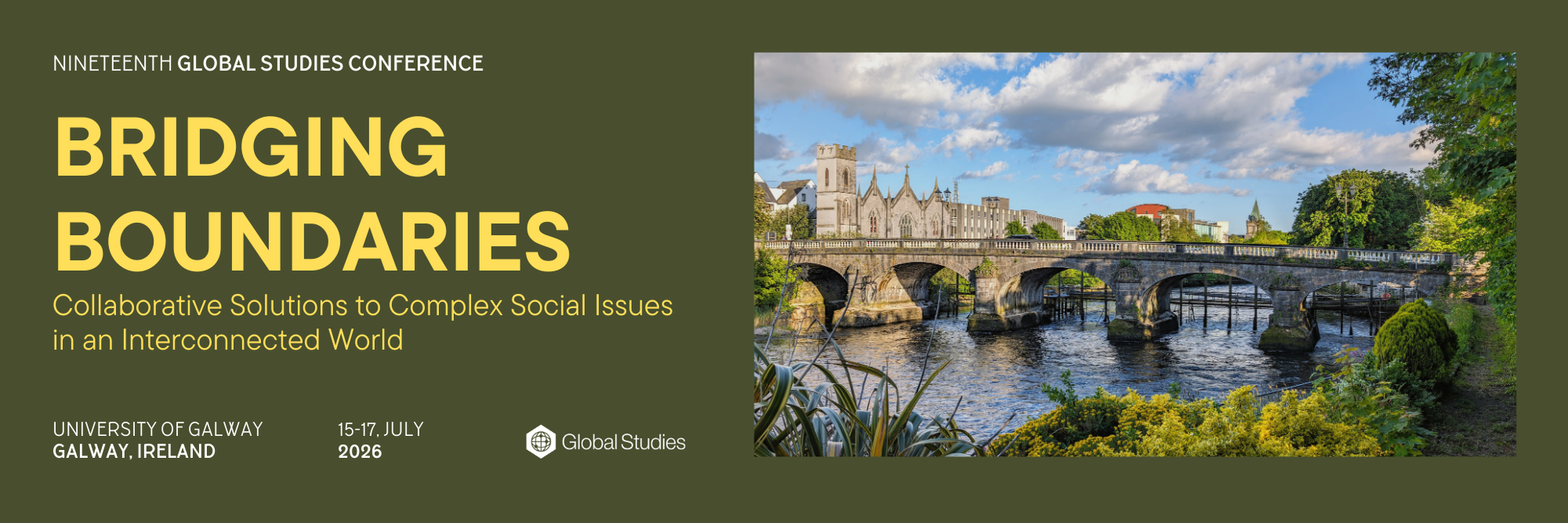Abstract
In 1979, the Hirschfeld Centre, a political and social resource center for the LGBTQ community, opened its doors on Saint Patrick’s Day in a then-blighted city centre neighborhood in Dublin, Ireland. This paper draws upon more than 60 oral history interviews with patrons of the “Hirsch” as well as archival materials to argue that, contrary to standard historical representations painting Ireland as an isolated and insular society during this era, the Hirschfeld Centre offers a compelling example of the global reach of queer Irish culture. Through its naming conventions (citing Magnus Hirschfeld; dubbing its disco Flikkers, from the Dutch; and calling its cinema the Biograph); its affiliation with the International Gay Youth Federation; and the sourcing of music for the disco and films for the cinema from the US and Europe, the Hirschfeld contributed to and participated in a globalizing queer culture. This proved essential to the political gains of the Irish gay civil rights movement, as demonstrated by the campaign for the decriminalization of gay sex, which was achieved in 1993 only through recourse to the European Court of Human Rights.
Presenters
Maria PramaggioreProfessor and Department Chair, Interdisciplinary Studies, Appalachian State University, North Carolina, United States
Details
Presentation Type
Paper Presentation in a Themed Session
Theme
Vectors of Society and Culture
KEYWORDS
Irish Culture; Queer Culture; LGBTQ

